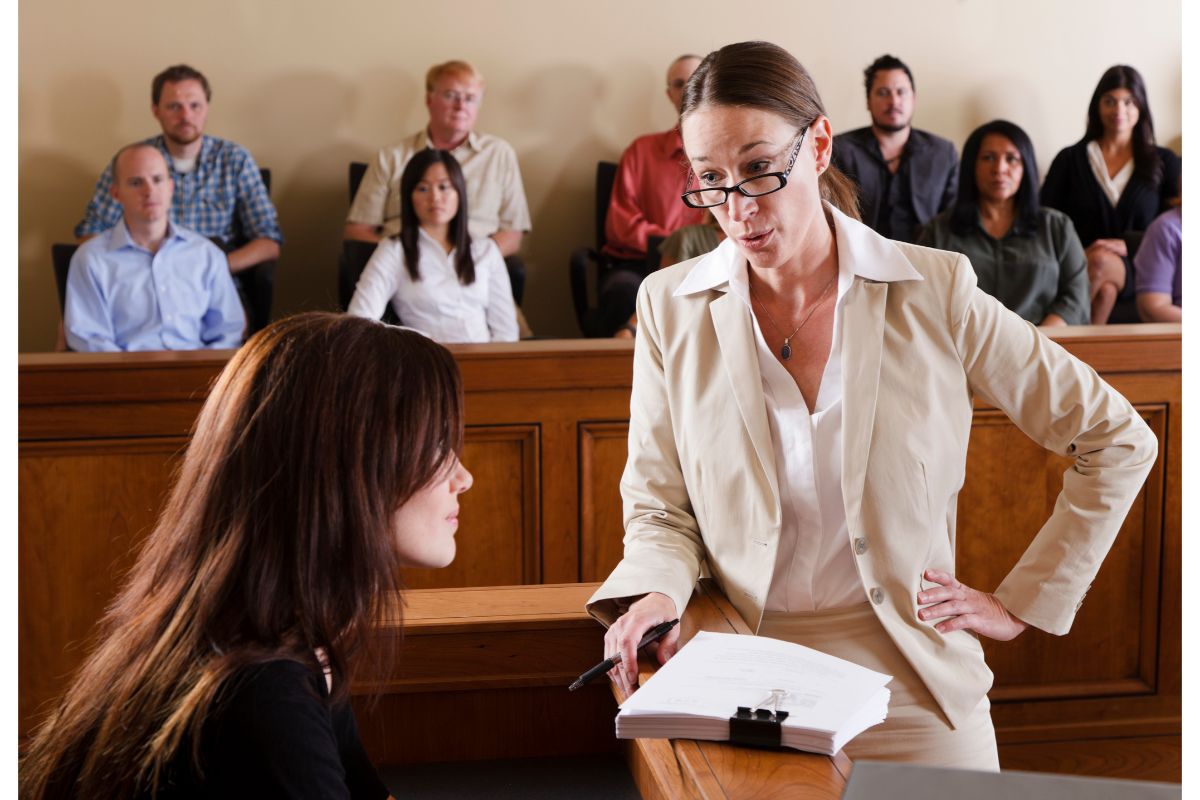About Cross-Examining Eyewitnesses

In any trial involving some event whether an interaction, accident, or transaction, the evidence presented in the form of testimony by eyewitnesses is typically immensely persuasive. There are some simple principles for lawyers to remember when formulating a plan to cross-examine a witness.
Jurors place great weight on eyewitness testimony, especially if the witness has no apparent bias and is simply a neutral, disconnected party who happened to allegedly observe the event under scrutiny. The evidence offered through eyewitness testimony is promising to a juror, assuming that the witness is credible and reliable. If a juror believes that an eyewitness has correctly identified the perpetrator of a crime, it is conceivably simple to return a jury verdict. Accurate and credible eyewitness testimony allows jurors the ability to reach a conclusion without the necessity to fit solve some evidentiary puzzle.
While many seem to perceive this type of evidence as being simple and straightforward, eyewitness testimony may be the most complicated and least trustworthy of all the evidence seen and heard by a jury.
Eyewitness testimony is the sum of the details of the events, conditions, and other facts that the eyewitness observed and his or her ability to recall these events, conditions, and other facts. These observations may be affected by lighting, rain, fog, and obstacles. There may be a multitude of conditions that affect a person’s ability to perceive, understand, or simply see an event. An event may trigger memories of a past event, whether similar or dissimilar, fears, both real and imagined, ambitions, obligations, and self-doubts.
Inner voices, images, and thoughts may flood the mind of an eyewitness, competing with each and overriding the ability to make sense of what is being seen and heard. After the event, the eyewitness may be inundated with certain visually unsettling images, interfering with the witness’s ability to process the event and consequently obscuring the images as perceived. When a person witnesses a crime being committed, especially a violent crime, many questions may suddenly arise: “Should I intercede?” “Should I try to help and stop the commission of a crime?” “Does someone have a gun?” The internal conflict that any eyewitness experiences may prevent them from really seeing what is happening right before their eyes.
The images seen by a witness are not enhanced by memory but usually further confused. Our minds do not store full, complete digital images that it may reproduce on command later. A memory may be altered by the pressures or desire to recall certain images. As a result, witnesses sometimes make their recollections fit the facts as they know them rather than as they perceive them. Many eyewitnesses’ memories improve over time as if by magic. An unrealistic conviction in the accuracy of their memory gradually replaces any uncertainty felt following the event.
Usually, a person takes the witness stand in a case many months after the underlying event at a time when the witness is far more composed than at the time that the event occurred. However, beneath the surface, the witness on the witness stand is likely as nervous as he or she was at the time of observing the incident. An attorney should consider empathetically leading the witness through the events rather than confronting the witness. A sympathetic approach may undo the witness’s self-control and make him or her emotional causing and enabling the jurors to question the accuracy of his or her observations.
Successfully cross-examining a witness, especially an eyewitness, requires an attorney to get close to them and assess their character, motivation, and fears to fully understand their emotional reaction to what they claim and believe they saw.
A primary focus of the California Desert Trial Academy (CDTA) is the inclusion of all students in every phase and aspect of our learning platform and social environment. The competitiveness of law school can have a negative effect on some students, but some see it as survival of the fittest. The CDTA prefers to look at every interaction between students as a positive learning opportunity for all students. The CDTA College of Law trains, educates, and develops students to be exceptional attorneys and trial advocates. Call us today at (760) 342-0900 or find out more online here.


